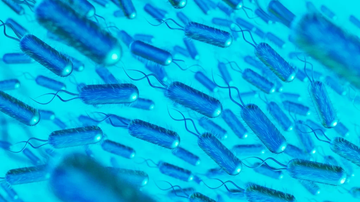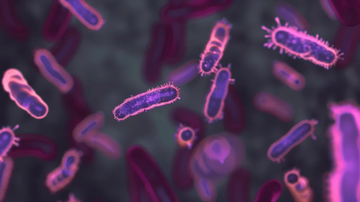Akkermansia muciniphila, a gut bacterium, has gained attention for its potential health benefits, particularly as a next-generation probiotic. Studies from top universities such as Wageningen University, Duke University, and others have explored its role in metabolic health, immune regulation, and its ability to break down mucin, a key component of gut mucus. Research suggests that Akkermansia may improve metabolic conditions like obesity and type 2 diabetes by enhancing gut barrier function and modulating cholesterol synthesis, particularly when mucins are available as a food source. Wageningen University has been pivotal in characterizing Akkermansia’s role in gut health, showing its potential to prevent metabolic disorders. Duke University further explored the bacterium’s genetic makeup, unlocking new methods to manipulate its genes, which could lead to future therapeutic applications. One significant finding is its ability to reduce cholesterol synthesis in the gut, which may benefit cardiovascular health. However, the bacterium’s propensity to thin the mucus layer also poses risks, potentially leading to gut inflammation if not balanced appropriately. The NIH supports ongoing research into Akkermansia’s broader health implications, including its effects on the nervous system and potential uses in immunotherapy. Despite
the promise, careful engineering is necessary to minimize side effects and optimize therapeutic benefits.
References
Sanders, M.E., et al. (2014). Lactobacillus species as probiotics: Where are we today?. Clinical Infectious Diseases, 60(S2), S85-S92. https://doi.org/10.1093/cid/civ581
Plaza-Díaz, J., et al. (2019). Role of Lactobacillus and Bifidobacterium in gut health and disease. Nutrients, 11(6), 1312. https://doi.org/10.3390/nu11061312
NIH. (n.d.). Lactobacillus and gut health. National Institutes of Health. https://nih.gov





